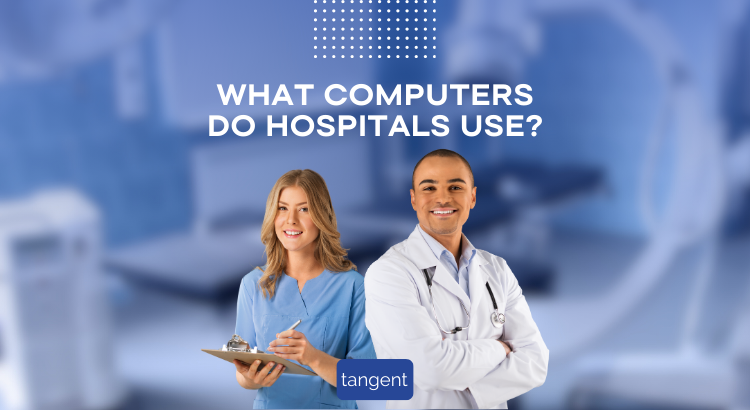Most hospitals use a variety of computer systems and devices to support their operations and provide healthcare services. The specific types of computers and systems used can vary depending on the hospital’s size, budget, and specific needs. Here are some of the common types of computers and systems used in hospitals: Electronic Health Record (EHR) […]
Category: Medical Grade Computers
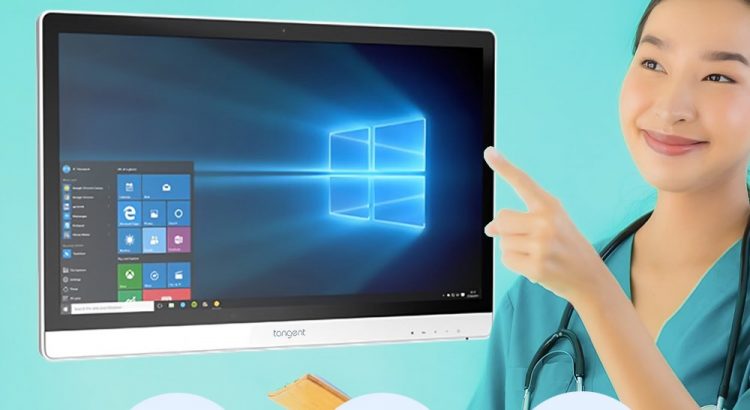
Medical PCs Streamline Hospitals
In today’s fast-paced world, technology plays a crucial role in transforming various industries, and healthcare is no exception. One such groundbreaking innovation that has revolutionized medical practices is the Medical PC. In this blog, we delve into the capabilities, benefits, and potential applications of these advanced computing systems in the healthcare landscape. What is a […]
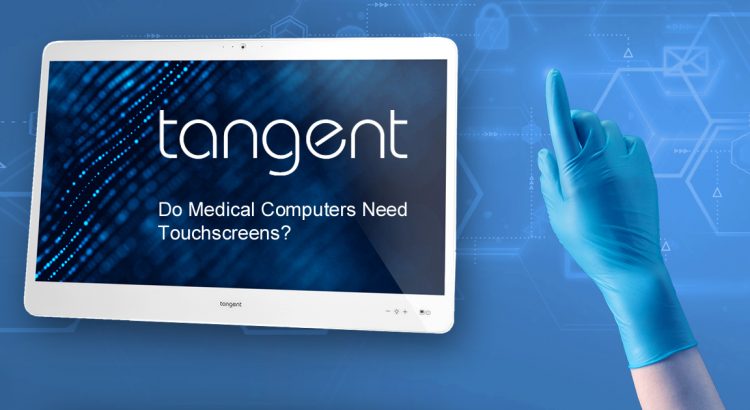
Do Medical Computers Need Touchscreens?
When people refer to their “phone” these days, it’s more than likely they mean their “smartphone.” Smartphones have become ubiquitous in our society, and are becoming increasingly necessary for everyday life. But what caused these smartphones to take over their older cousins? One of the defining features that played a large role is the humble […]
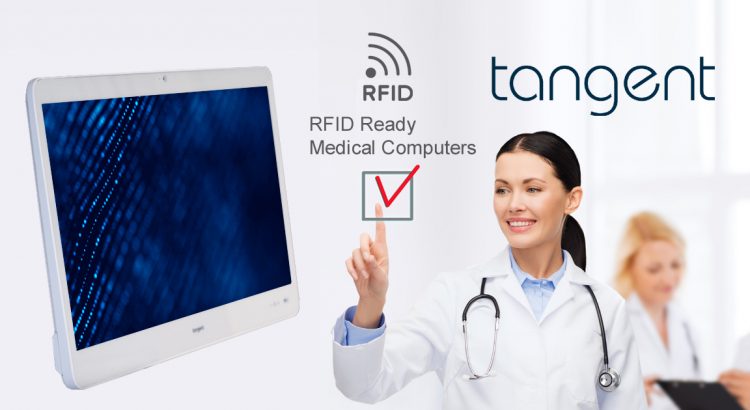
RFID Ready Medical Computers
What Is RFID? RFID stands for Radio-Frequency Identification. The technology standard is made up of RFID tags and readers. These tags have small radio receivers and transmitters inside them. When in contact with a reader, the tag will respond and transmit information it is carrying to the reader. These tags can be used for a […]
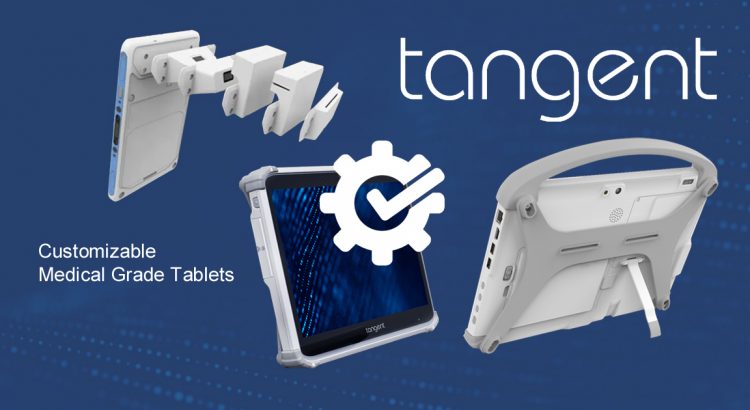
Medical Tablets
EN 60601-1 Certification Among the most important features for medical grade devices is EN 60601-1 Certification. Medical tablets with the certification are shielded from Electromagnetic interference both from receiving and also from producing it. EN 60601-1 is a certification that distinguishes a medical tablet from a consumer grade medical tablet. Medical Tablets with Antimicrobial Surfaces […]
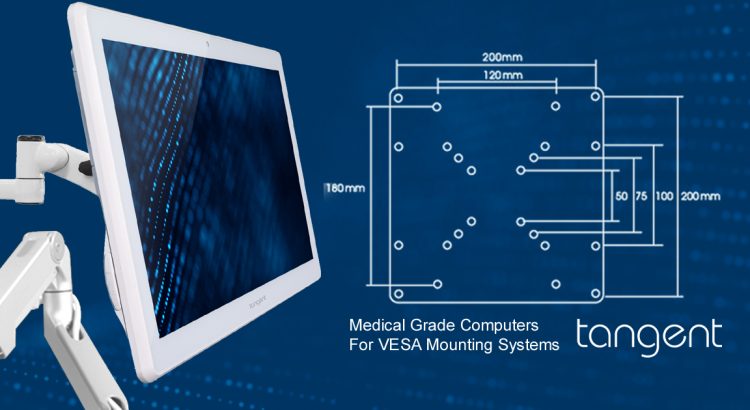
Medical Grade Computers For VESA Mounting Systems
This pandemic has taught hospitals a number of lessons. They have had to be resourceful with PPE, adapt to ever-changing guidelines, and always be ready to accept change. Above all, your hospital has learned to be efficient with its resources. Standardization exists to aid in efficiency. Needles sizes come in certain standards, as do surgeon […]
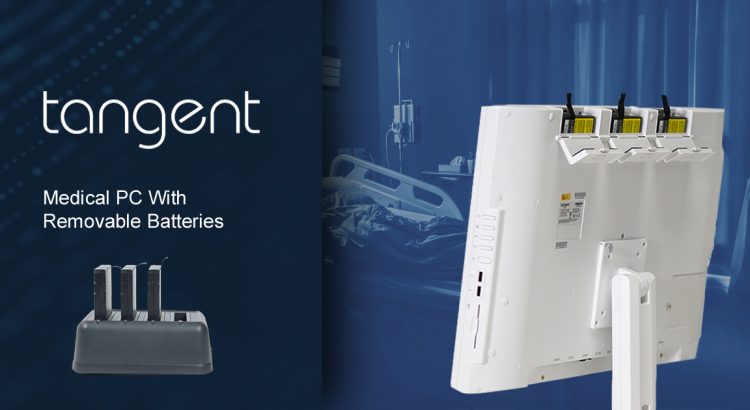
Medical PC With Removable Batteries
Hospitals are dynamic workplaces. As this pandemic has shown, hospital administrators need to be willing to change up their strategies constantly. This may mean bringing on more staff at some times, or completely shifting around a hospital’s layout in others. Many hospitals have had to set up popup clinics in their parking lot during this […]
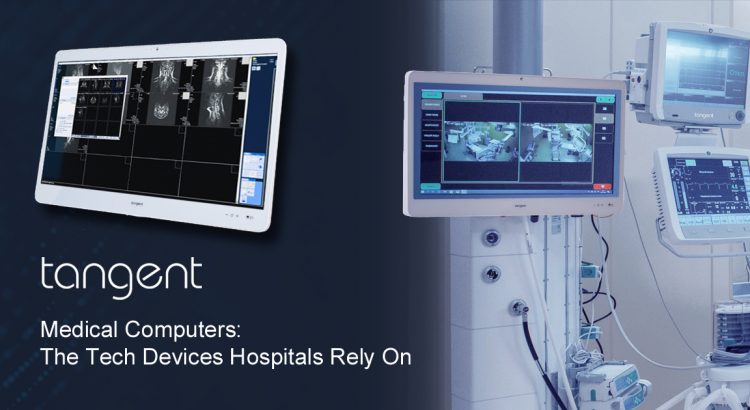
Medical Computers: The Tech Devices Hospitals Rely On
Commercial computers have found a home in offices, restaurants, and other places of business. But when it comes to the medical setting, standard computers are sorely lacking. A typical computer doesn’t have to be as sanitary as a medical computer as they are rarely in a sterile environment,. Designers create medical computers specifically for use […]
